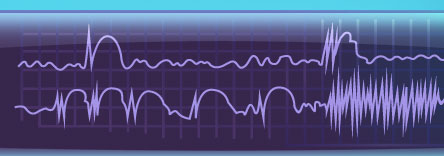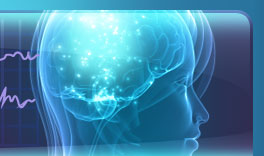
 |
 |
 |
| Home | About Epilepsy | Epilepsy Monitoring | Epilepsy Surgery | Information | Gallery | Contact Us | Terms and Policies |
|
Health LibraryRECOMMENDED READING FOR PARENTS:
By Orrin Devinsky, MD
Philadelphia: F.A. Davis Company 1994 Category: Information In this book Dr Devinsky provides an important and easy-to-understand resource for people with epilepsy and for their families. Both the newly diagnosed and those living with epilepsy will find valuable information on a wide range of medical, social and legal issues.
By Epilepsy Foundation of America
Landover, MD: Epilepsy Foundation of America, 1992. Category: Coping
This guide and workbook is split for two audiences: for the adult members of a family of a child with epilepsy, and for the siblings of that child. Topics for starting family discussions include feelings, responsibilities, adjustments, and changing relationships. The book includes an activity section and the part for siblings is divided for three age categories.
By Martin L. Kutscher
London & Philadelpia: Jessica Kingsley Publishers, 2006. Category: Specific Chronic Health Condition
The author dispels many of the myths of epilepsy and provides a wonderful review of all aspects of the disorder. Teachers, parents, siblings, and friends of children with epilepsy will benefit greatly from this book.
By James E. Jan, Robert G. Ziegler, Giuseppe Erba
Austin, TX: Pro-Ed, Inc., 1991. Category: Specific Chronic Health Condition
This book provides parents with a comprehensive look at epilepsy, its diagnosis, treatment, and how to cope with the condition. It explains what epilepsy is, what it means to have a child with epilepsy, the tests that occur, treatment procedures and medication, and what to do during a convulsion. This book also dedicates chapters to dealing with emotions of the child and family members, stages of child development from birth to young adulthood, school and social issues, work and employment, as well as specifics on multi-handicapped children. |
| Copyright | | | Disclaimer |